The seminar was attended by representatives of the Economic and Financial Committee, the Committee for Science, Technology and Environment, the Ministry of Industry and Trade, the Ministry of Science and Technology, the Ministry of Finance , the State Bank of Vietnam (SBV), along with many economic and financial experts, representatives of the technology start-up business community, financial technology enterprises (Fintech), domestic and international investors.
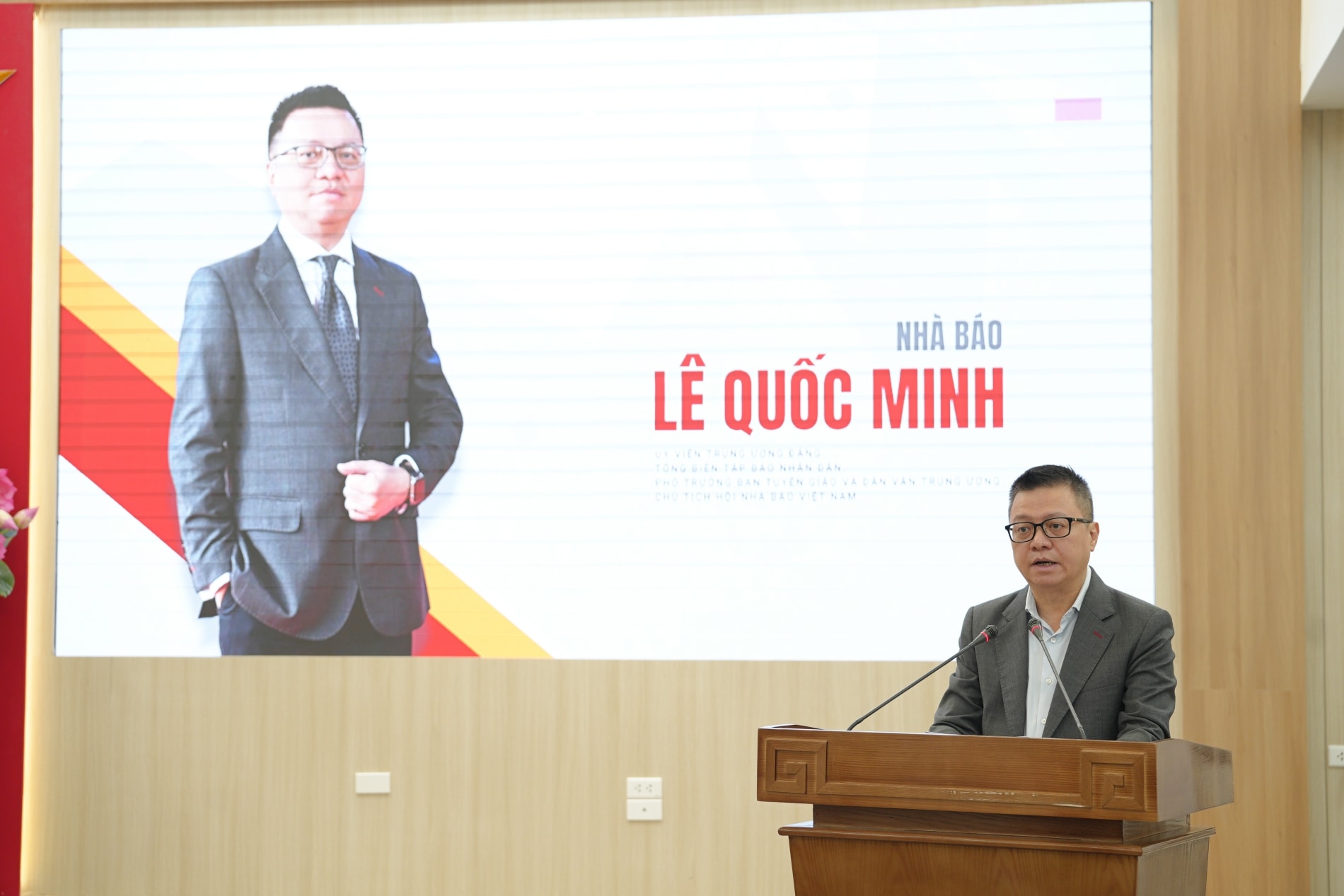
Speaking at the seminar, Editor-in-Chief of Nhan Dan Newspaper Le Quoc Minh said that Vietnam currently has more than 5 million business households, contributing approximately 30% of GDP, creating more than 10 million jobs. Resolution No. 68-NQ/TW, dated May 4, 2025, of the Politburo on private economic development clearly states: "Review and perfect the legal framework on individual businesses; minimize the gap, create all favorable conditions for management organization and financial and accounting regimes to encourage business households to transform into enterprises". Supporting business households to access financial technology and convert to enterprise models is one of the necessary solutions that has been strongly implemented in the market in recent times. Thereby, contributing to promoting the private economy, improving competitiveness and creating larger budget revenue.
“The important convergence point in Resolution No. 57/NQ-TW and Resolution No. 68/NQ-TW of the Politburo is the institutional breakthrough for innovation, eliminating prejudices about the private sector, strongly renewing thinking, ensuring all freedoms of business, fair competition, protecting the rights of entrepreneurs and business households so that each individual and each business household can truly be a pioneer on the new economic front of the country. Building a transparent, stable, safe business environment and accompanying businesses will be the foundation for building trust and unleashing internal strength - which is also an urgent task that policy makers, the business community and the press agencies must join hands to carry out,” Mr. Le Quoc Minh emphasized.
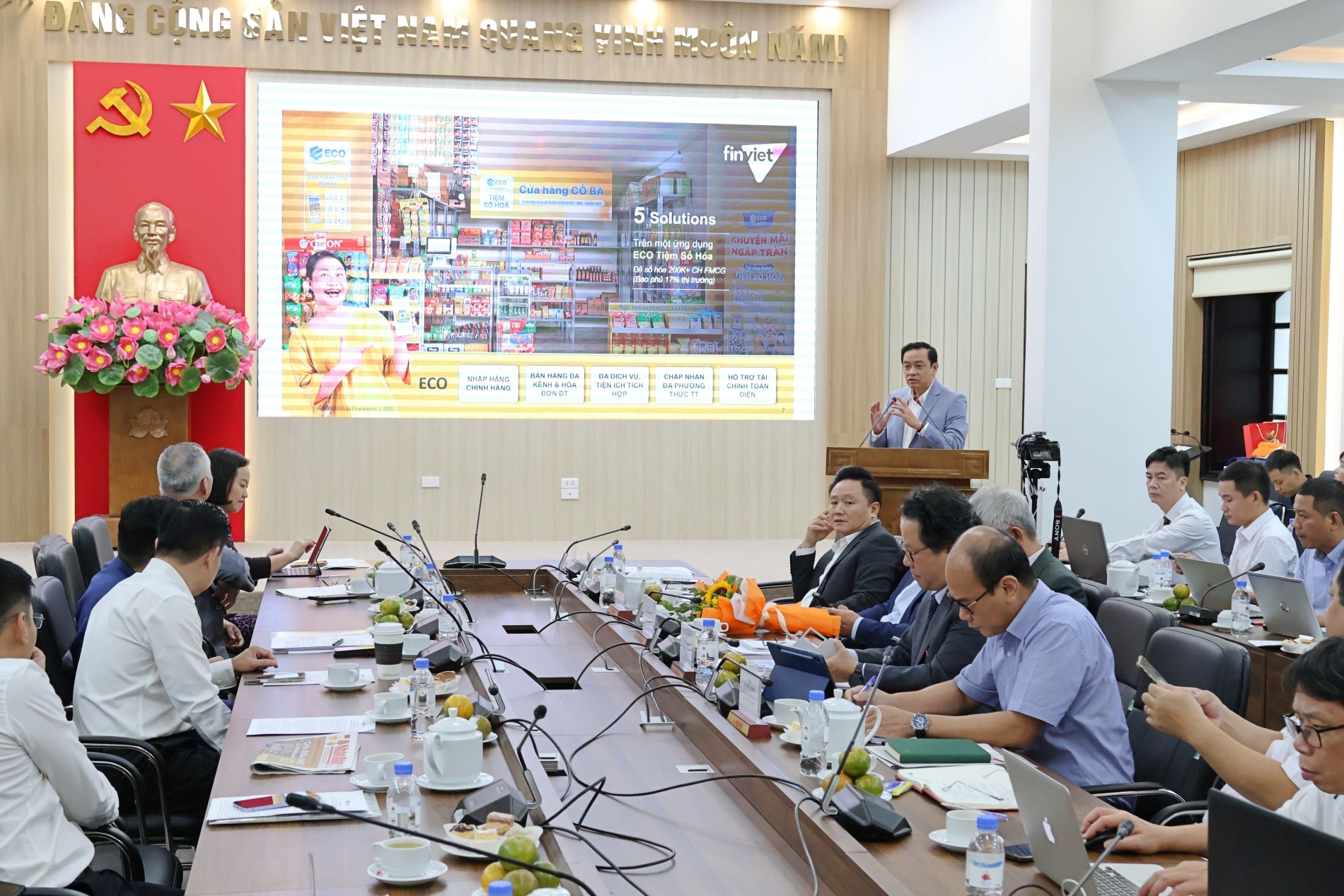
Financial services coverage improved but many important indicators increased insignificantly
At the seminar, the IDS Research Team introduced the monograph “Inclusive Finance: Driving Force for High Growth in the 2026-2045 Period”. This is a product written on the basis of collecting and distilling information from the scientific research topic “National Inclusive Finance Strategy: New Ways to Access Capital for Small, Micro and Household Enterprises in Vietnam” conducted by IDS.
IDS research results show that after more than 5 years of implementing the Strategy, many positive results have been recorded in terms of improvements in access to financial services. However, based on actual data from the WB and the State Bank, the IDS research team has pointed out an uneven picture of the current situation of access to financial services in Vietnam. Accordingly, the lowest income group of individuals has only increased the rate of account ownership by about 6% after 5 years. The group of small, micro-sized enterprises and business households, although accounting for a large proportion of the economy, still face many barriers in accessing formal credit. The gap in access to financial services between income groups and business sizes is increasingly widening, in a direction that is more disadvantageous for the low-income group of individuals and the small, micro-sized enterprises.
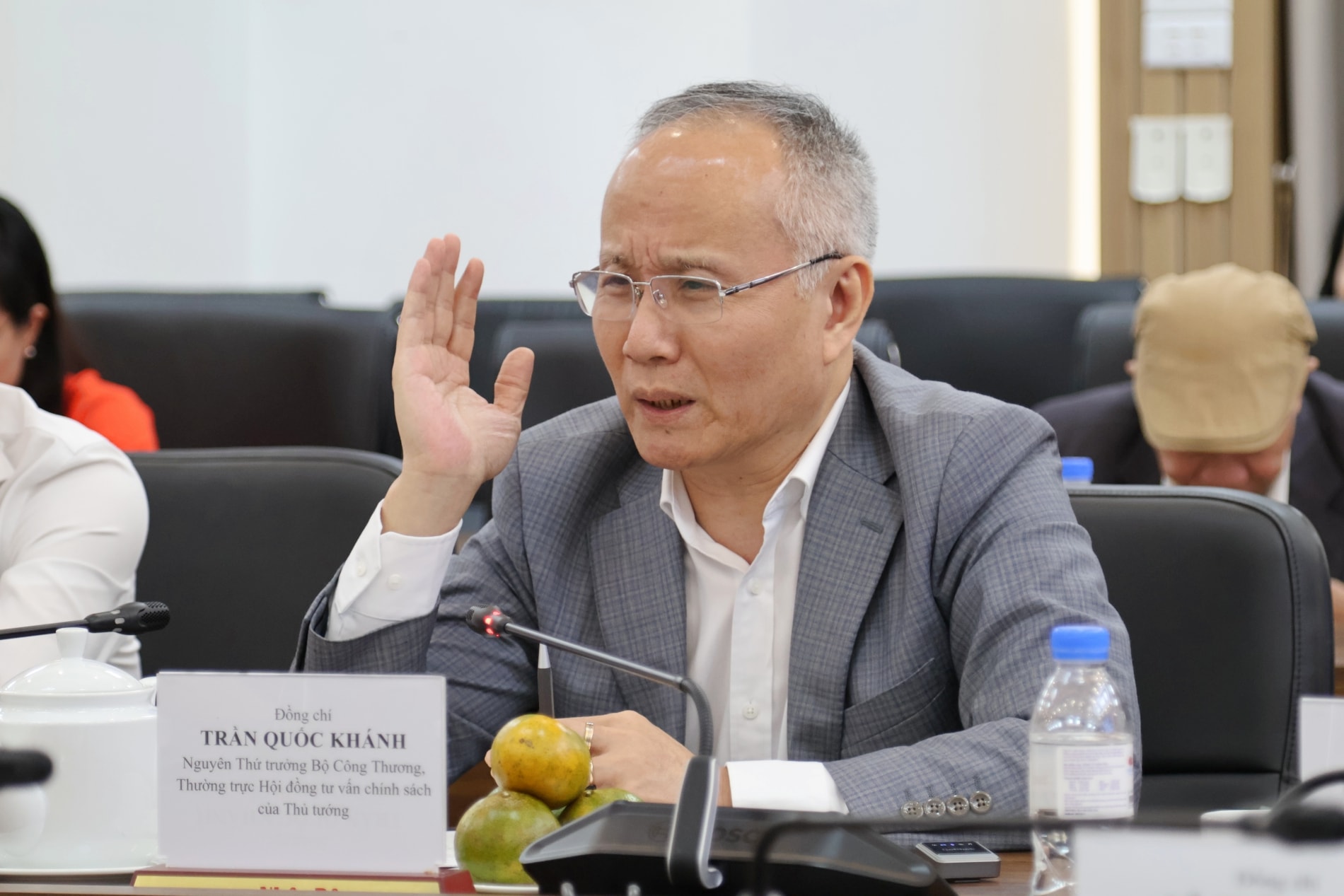
Many other important indicators to measure the level of financial services coverage are still poor, especially when compared with countries with similar social conditions and economic development levels to Vietnam: The account ownership rate of small and medium enterprises in Vietnam is only 50%, far lower than countries compared to Vietnam, which are usually at 80% - 90%. Vietnamese enterprises use more informal capital than other countries. Vietnam is among the group of countries that are slow to improve access to capital for small and medium enterprises; with the main and inherent reasons being that loans require collateral; high interest rates; and complicated procedures.
In that context, the application of technology, especially Fintech, has contributed to strongly promoting financial inclusion through simple, low-cost, and accessible service models - especially suitable for: Low-income individuals, people without credit history: through e-wallet applications, non-traditional credit scoring, micro-savings; Small and micro-enterprises, business households: thanks to digital financial platforms, cash flow management applications, digital POS and financial tools to replace traditional banks.
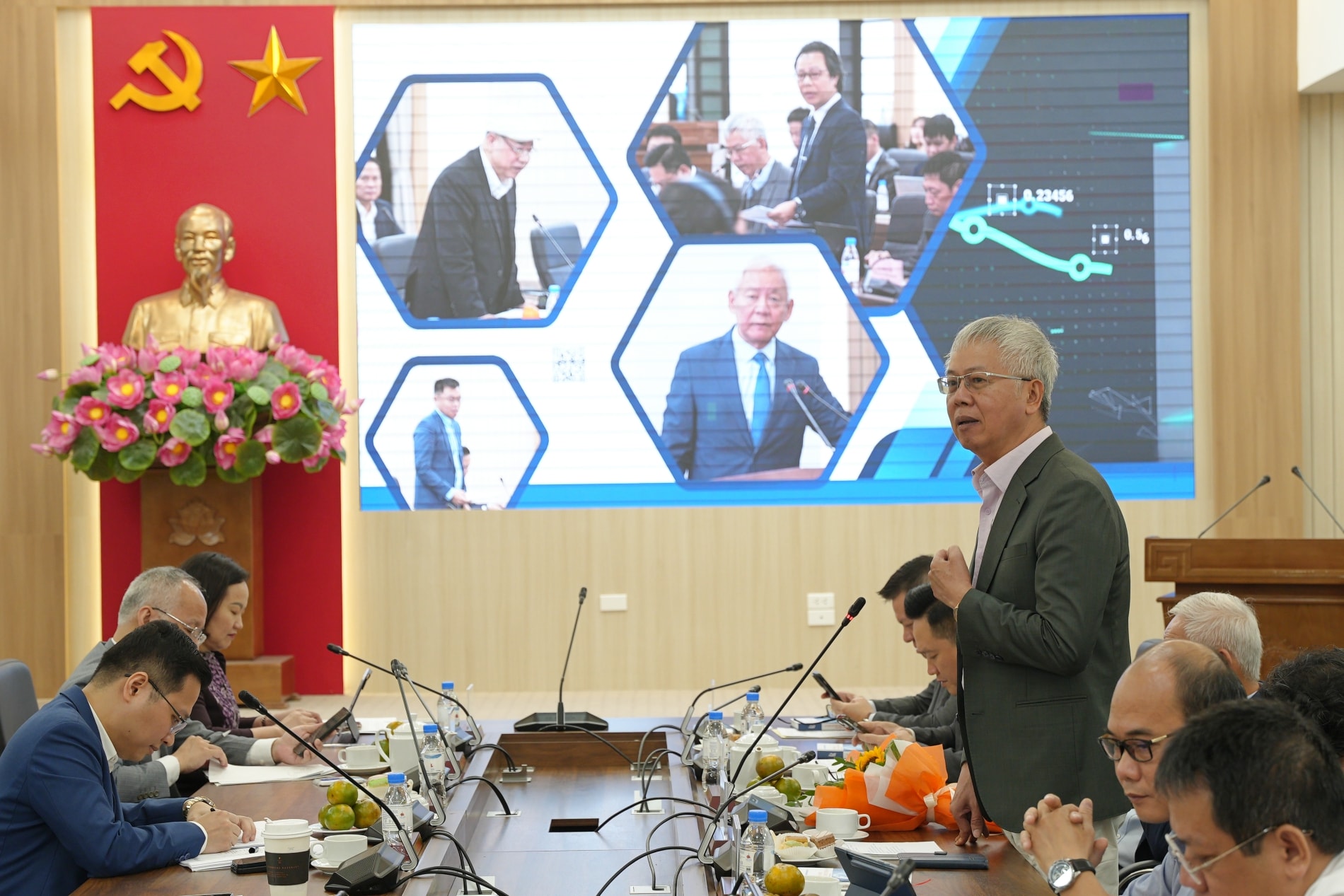
Fintech is also the key factor in promoting and popularizing cashless payments in Vietnam in recent times. IDS's report clearly shows that cashless payments are one of the areas with the strongest growth and development after the implementation of the Strategy. At the same time, cashless payments are also the only area in which Vietnam is superior to other countries in the same social context and economic development level that are included in the comparison.
Create an equitable policy environment, encourage innovation and expand industries and fields in the fintech ecosystem
Dr. Tran Van, Director of IDS, affirmed that Vietnam is forming and developing a unique model for providing digital financial services. In this ecosystem, Fintech is one of the key and indispensable components, along with commercial banks, financial companies, securities, insurance companies, etc., along with partners such as public service providers; e-commerce; traditional retailers, etc. Fintech not only supports digital solutions for business households, small and micro enterprises, but also provides modern financial services at reasonable costs and easy access.
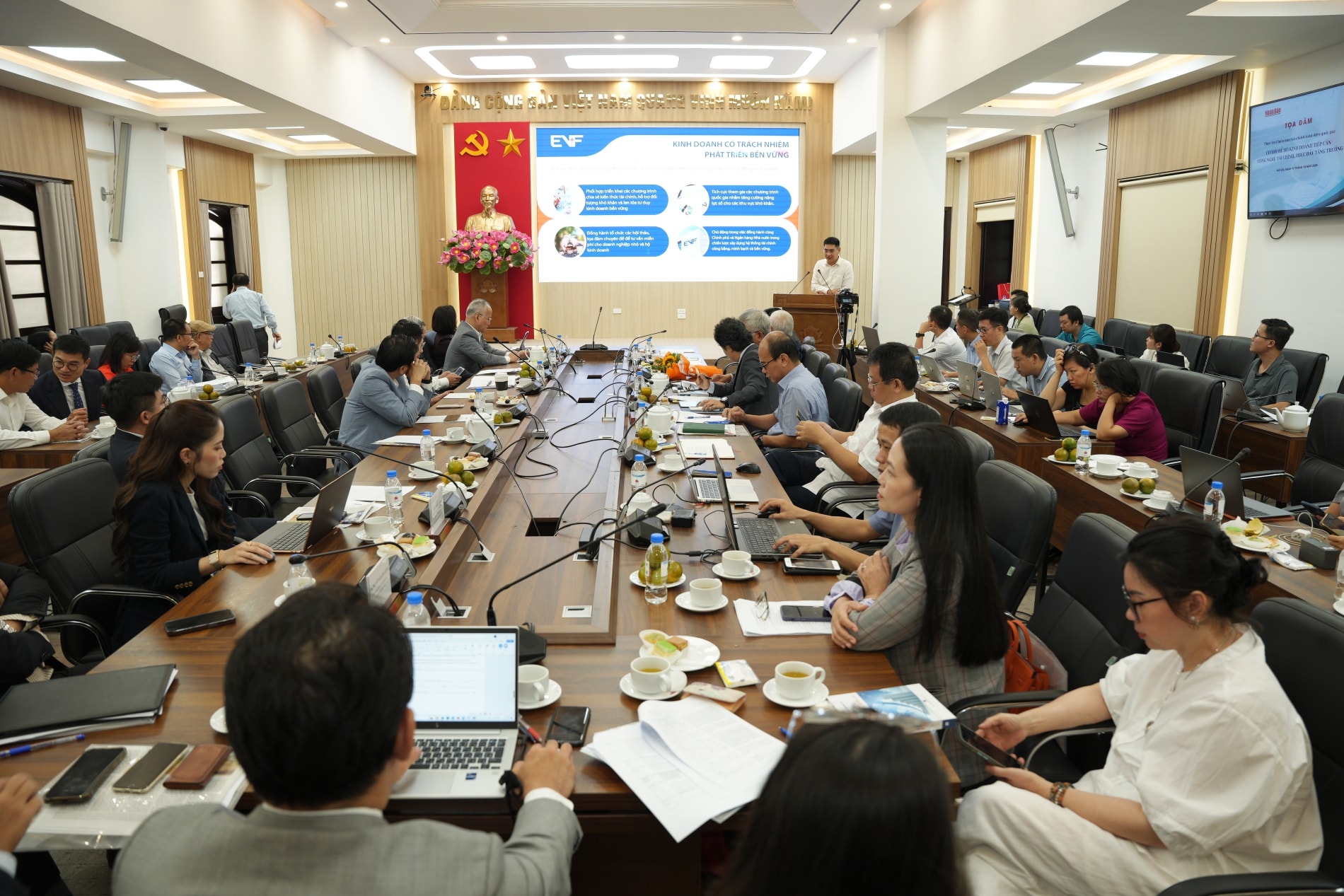
Discussing at the seminar, Fintech businesses shared their experiences in applying mechanisms and policies from the National Financial Inclusion Strategy to develop business activities, focusing on supporting digital transformation of supply chains, individual business households and forming a modern financial services ecosystem to serve vulnerable groups.
Some Fintech businesses and foreign investors also assess the model that Fintech in Vietnam is building as full of potential. If there is the right development direction and appropriate policies, it will certainly attract foreign capital into this field.
Sharing about the future of Fintech in Vietnam, the IDS research team noted that the trend of building policies towards Fintech has shown signs of being less open in the recent period. Accordingly, Fintech being licensed to test payment intermediary services in 2008 has helped create a breakthrough growth for non-cash payment activities. However, by July 2025, the next testing mechanism for piloting new Fintech solutions was issued, with the birth of Decree No. 94/2025/ND-CP. Thus, it took up to 17 years for specialized management agencies to expand the legal basis for Fintech to provide new types of services.
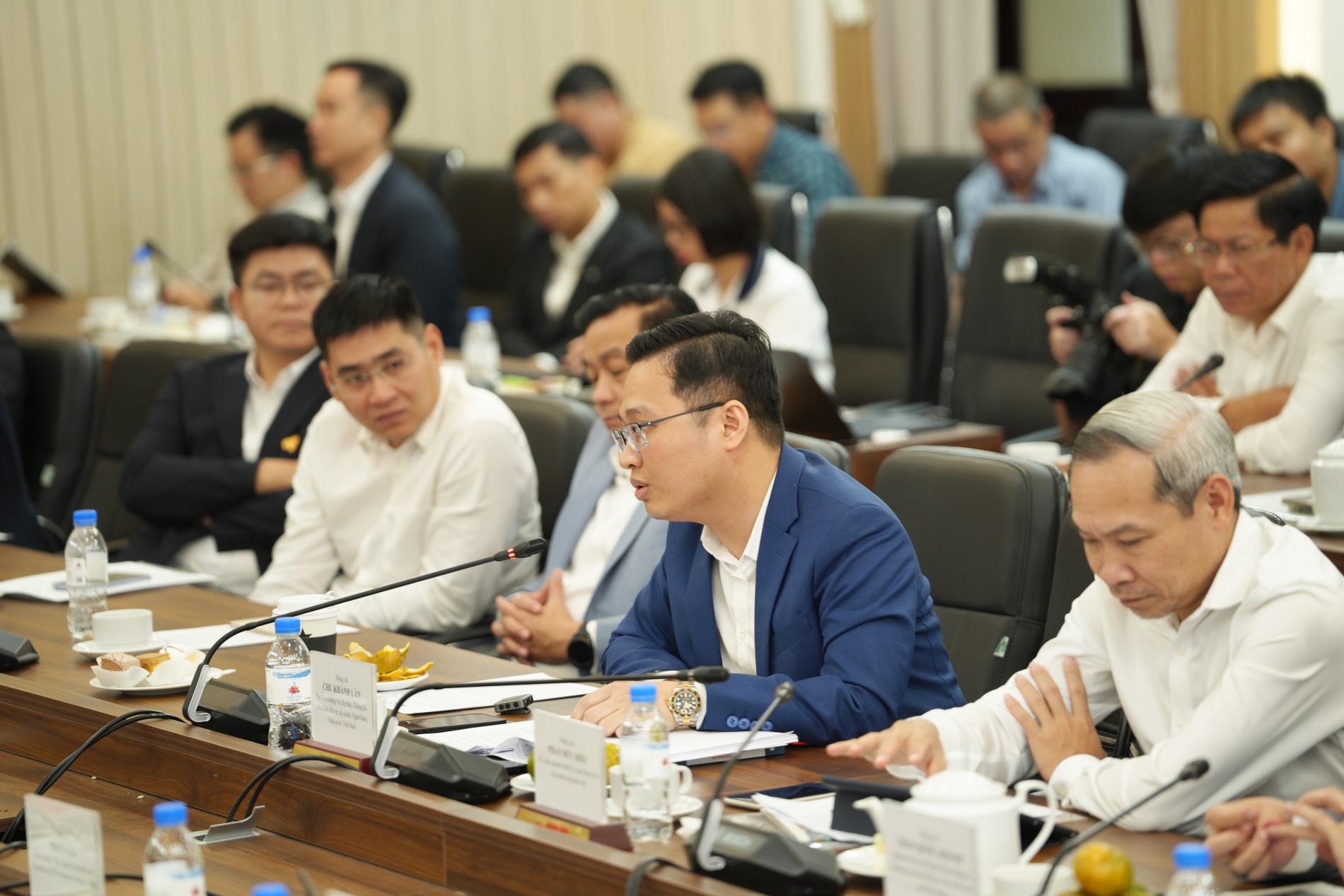
Dr. Nguyen Duc Kien, Chairman of the IDS Scientific Council, Former Head of the Prime Minister's Economic Advisory Group, emphasized that the initial achievements in implementing the National Financial Inclusion Strategy are thanks to the innovative thinking and open approach of policy-making and state management agencies. "Building a policy environment that continuously supports innovation and promotes the development of new factors such as Fintech is very important for financial market participants to continuously learn, improve, and enhance their competitiveness. If we do not continue to have an open mind in building policies to promote digital transformation, the initial achievements will be pushed back," Dr. Nguyen Duc Kien warned.
Source: https://daibieunhandan.vn/thuc-thi-hieu-qua-chien-luoc-tai-chinh-toan-dien-quoc-gia-trong-giai-doan-moi-10390743.html










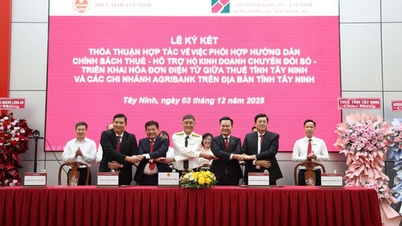

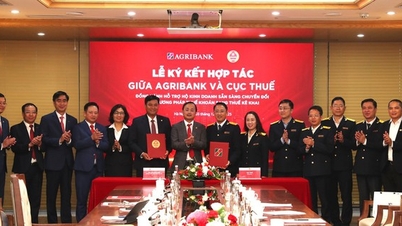







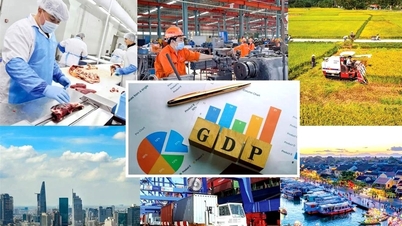
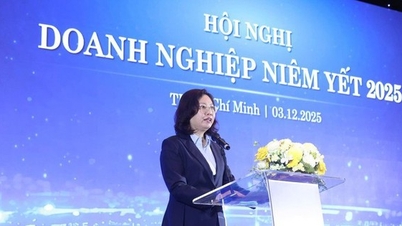



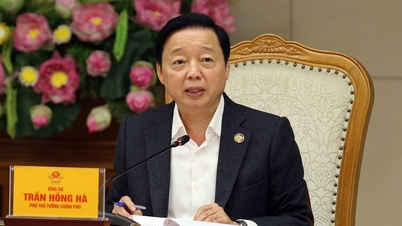
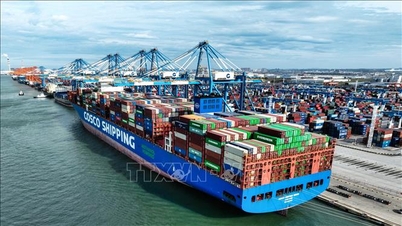




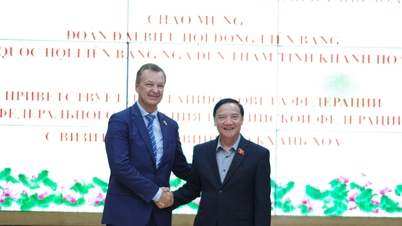
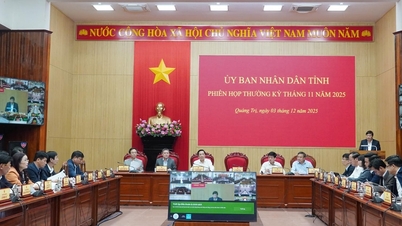

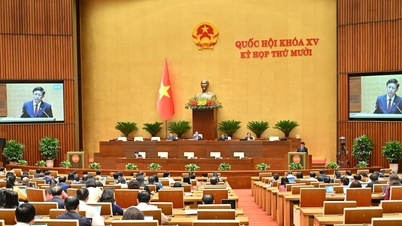
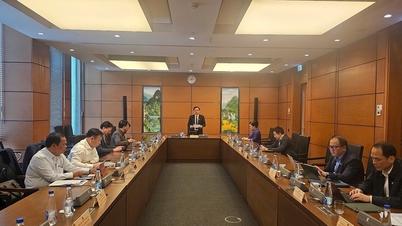
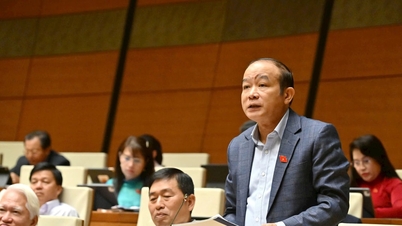
![[Photo] Parade to celebrate the 50th anniversary of Laos' National Day](/_next/image?url=https%3A%2F%2Fvphoto.vietnam.vn%2Fthumb%2F1200x675%2Fvietnam%2Fresource%2FIMAGE%2F2025%2F12%2F02%2F1764691918289_ndo_br_0-jpg.webp&w=3840&q=75)
![[Photo] Worshiping the Tuyet Son statue - a nearly 400-year-old treasure at Keo Pagoda](/_next/image?url=https%3A%2F%2Fvphoto.vietnam.vn%2Fthumb%2F1200x675%2Fvietnam%2Fresource%2FIMAGE%2F2025%2F12%2F02%2F1764679323086_ndo_br_tempimageomw0hi-4884-jpg.webp&w=3840&q=75)



























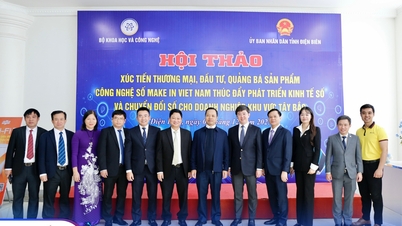







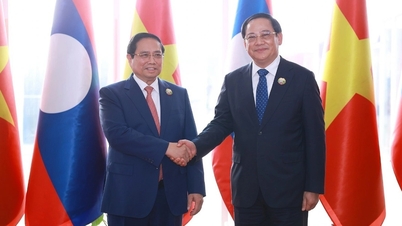














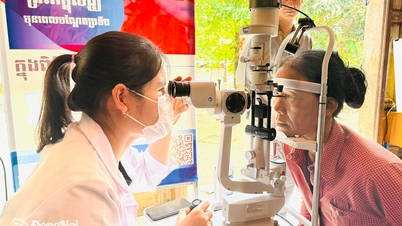























Comment (0)